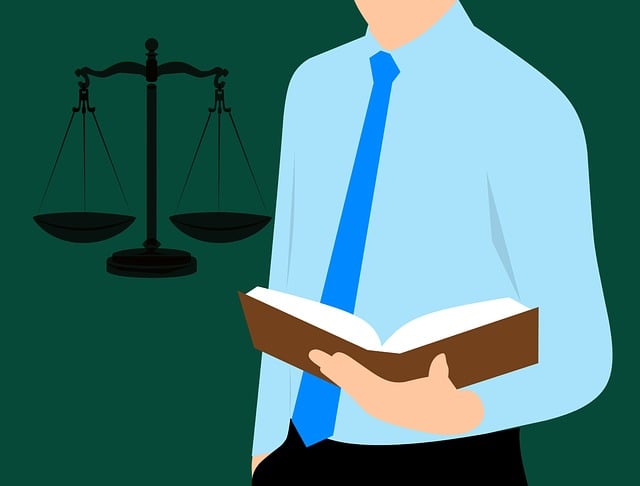Environmental Crime Trials combine Criminal Procedure Law with environmental regulations to prosecute offenses like pollution, habitat destruction and false reporting. Understanding basic criminal procedure is crucial for both prosecutors seeking convictions and defendants aiming for charge dismissal through lawful actions or reasonable compliance. Global collaborations strengthen the rule of law, setting precedents for justice and deterring environmental misconduct.
Environmental Crime Trials delve into the legal complexities of prosecuting offenses against nature. This article offers a comprehensive understanding of Criminal Procedure Law basics as they apply to these unique cases, focusing on defining key terms, exploring legal frameworks, and examining critical elements of proof. We’ll also analyze global case studies, providing insights into the evolving enforcement landscape. By dissecting these trials, we gain crucial perspectives on holding perpetrators accountable for their impact on our environment.
- Defining Environmental Crime Trials: Legal Framework
- Key Elements of Proof and Criminal Procedure
- Case Studies and Global Perspectives on Enforcement
Defining Environmental Crime Trials: Legal Framework

Environmental Crime Trials, an emerging field within criminal justice, involve the prosecution of individuals or entities for violations related to environmental degradation and protection. These trials are governed by a intricate legal framework that blends traditional criminal procedure law with specialized environmental regulations. Understanding the basics of Criminal Procedure Law becomes crucial here, as it provides the foundational rules for ensuring fair trials, protecting defendant rights, and gathering evidence.
The legal landscape for Environmental Crime Trials is shaped by both federal and state laws, targeting various offenses ranging from pollution and habitat destruction to false reporting and obstruction of environmental enforcement efforts. These cases often involve complex scientific and technical aspects, requiring a thorough understanding of the relevant statutes and regulations. As these trials navigate through the court system, they aim to hold accountable those who engage in white-collar and economic crimes that have significant environmental consequences, thereby fostering awareness and adherence to environmental protections across the country.
Key Elements of Proof and Criminal Procedure

In Environmental Crime Trials, understanding the criminal procedure law basics is paramount. The key elements of proof include establishing a violation of environmental laws, demonstrating culpable conduct, and quantifying the harm caused to the environment. Prosecutors must present substantial evidence showing that corporate and individual clients acted with knowledge or recklessness, as these are essential elements for conviction. Understanding the nuances of criminal procedure, such as the rules of evidence and discovery, is crucial in navigating complex environmental cases.
The process involves meticulous preparation, from gathering relevant documents and expert witnesses to examining potential defenses. A thorough understanding of these procedures can lead to successful outcomes, including complete dismissal of all charges for those who can prove their actions were lawful or that they took reasonable steps to comply with regulations. By familiarizing themselves with the law, defendants—whether individuals or corporations—can better avoid indictment and protect their interests in environmental crime trials.
Case Studies and Global Perspectives on Enforcement

Environmental crime trials play a crucial role in understanding criminal procedure law basics while offering global perspectives on enforcement. Case studies reveal successful prosecutions that have led to significant penalties and restorative actions, setting precedents for future cases. For instance, high-profile cases involving corporate entities have resulted in substantial fines and the complete dismissal of all charges, demonstrating the potential consequences of environmental misconduct. These trials not only seek justice but also serve as deterrents, urging businesses and individuals to adhere to environmental regulations.
Through international collaborations, countries share best practices and insights, fostering a global perspective on enforcement. This exchange facilitates the development of robust legal frameworks tailored to address unique environmental challenges. The respect for rule of law is enhanced as respective business and individual clients face consequences for their actions, ensuring accountability and promoting sustainable practices worldwide.
Environmental crime trials, as a crucial aspect of understanding criminal procedure law basics, play a vital role in navigating the complex landscape of environmental protection. By examining key elements of proof and criminal procedure, we gain insights into effective enforcement strategies showcased through global case studies. This knowledge is essential for fostering a symphony of international collaboration, ensuring folks remain accountable for their actions that may harm our precious planet. Remember that, as we delve deeper, the need for indelible environmental justice becomes evident, revolutionizing how we approach and prosecute these heinous acts.






